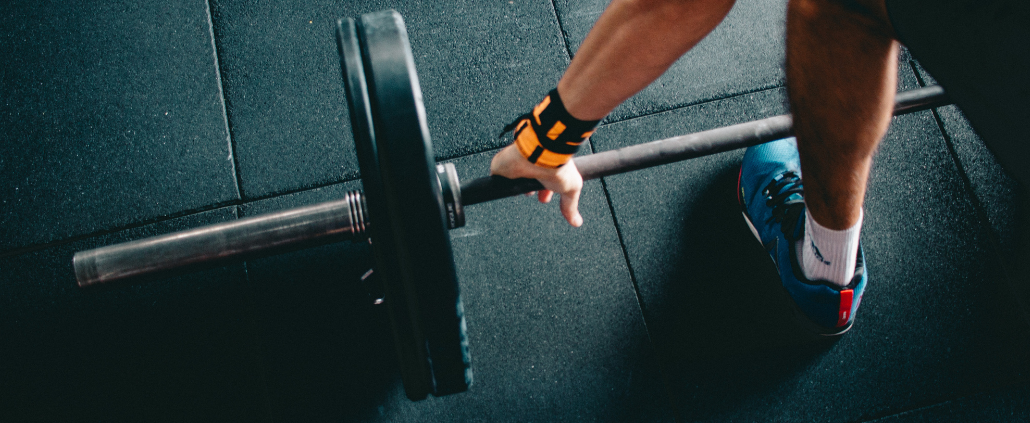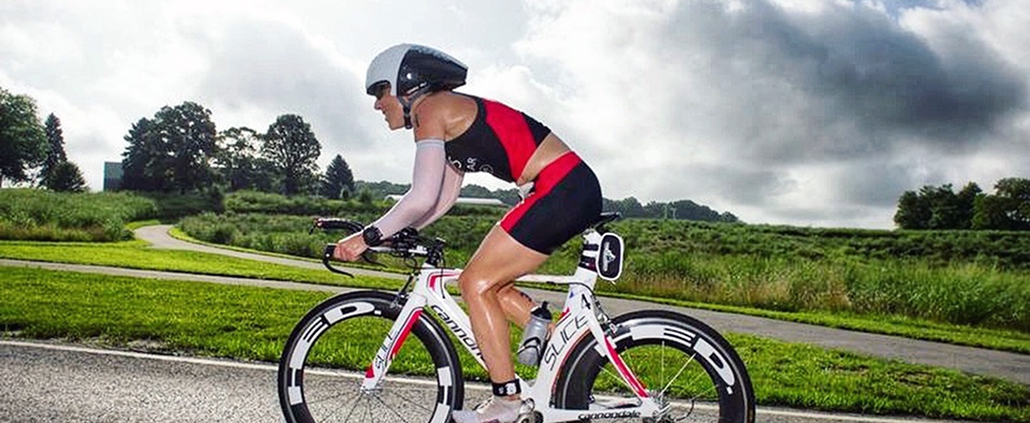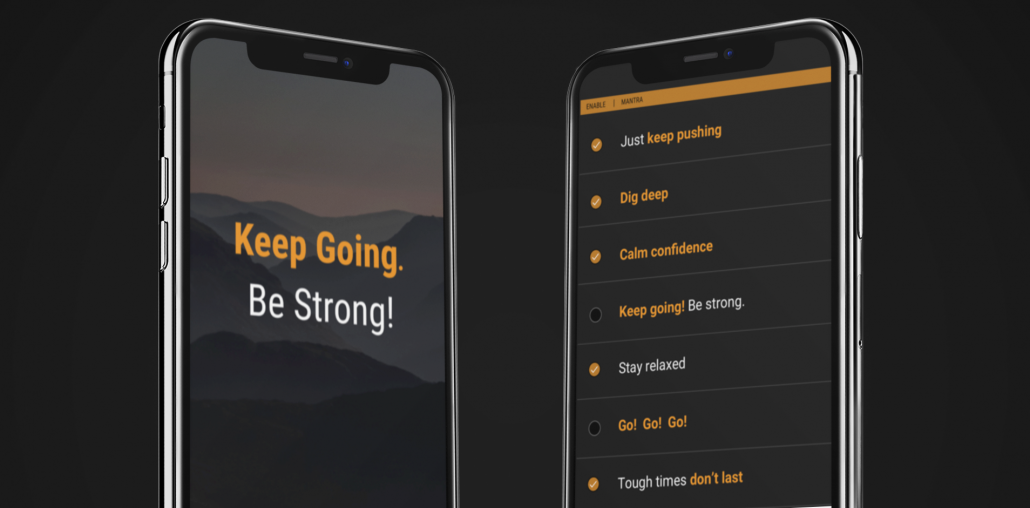6 Tips for Achieving your Fitness Goals
Exercise and fitness goals are among the top New Year’s resolutions set by people each year, but many people fail to achieve or follow through on their resolutions.
People can fail to accomplish a goal for various reasons, including lacking the willpower to continue long-term, failing to make deliberate decisions, or forgetting about them altogether.
Continue reading for our top 6 tips to achieving your fitness goals so that you do not fall into these pitfalls!
1. Think about Your Why.
Think about why you have set your goal and why it is important to you. Reflecting on your purpose for setting the goal will drive you to achieve it when motivation becomes low.
2. Make Sure that Your Goals are Measurable.
Once a goal is set, make sure that it can also be measured so that you can carefully and continuously monitor your progress. Check whether the effort you are putting in is in line with what you were hoping to achieve. A re-calibration, a plan change, or an adjustment might be needed sometimes.
3. Narrow Down and Be Specific.
The number one mistake athletes make is that they set too many fitness goals. Narrow it down to the 1-2 goals that are the most important to you right now and make progress on them until you switch to something else.
4. Build Your Self-Control.
Whenever we set a goal, we have to exert effort that is outside of our regular routine which requires self control. You can start exercising your self-control by using neuro-training exercises on Rewire to build mental toughness.
5. Set Realistic Goals that are Optimally Challenging.
Make sure that the goals you set are difficult, but possible. You should have a fair chance at accomplishing them, but they cannot be too easy. Once you reach them, you will feel good and be ready to set new ones.
6. Boost Your Self-Efficacy.
According to Bandura’s (1997) Social-Cognitive Theory, self-efficacy refers to your beliefs about your ability to successfully perform certain actions. Studies in psychology have shown that boosting a person’s self-efficacy helps them perform better, focus attention more effectively, exert more effort, and remain optimistic in the face of challenges.
Visualization can be a great tool to help you prepare and succeed in achieving your fitness goals! Read more about how to use visualization to support sport performance here.
Are you ready to achieve your fitness goals and unlock your ultimate performance? Start Rewire free today!
Sources:
Bandura, A. (2012). Social cognitive theory. In P. A. M. Van Lange, A. W. Kruglanski, & E. T. Higgins (Eds.), Handbook of theories of social psychology (pp. 349–373). Sage Publications Ltd. https://doi.org/10.4135/9781446249215.n18












